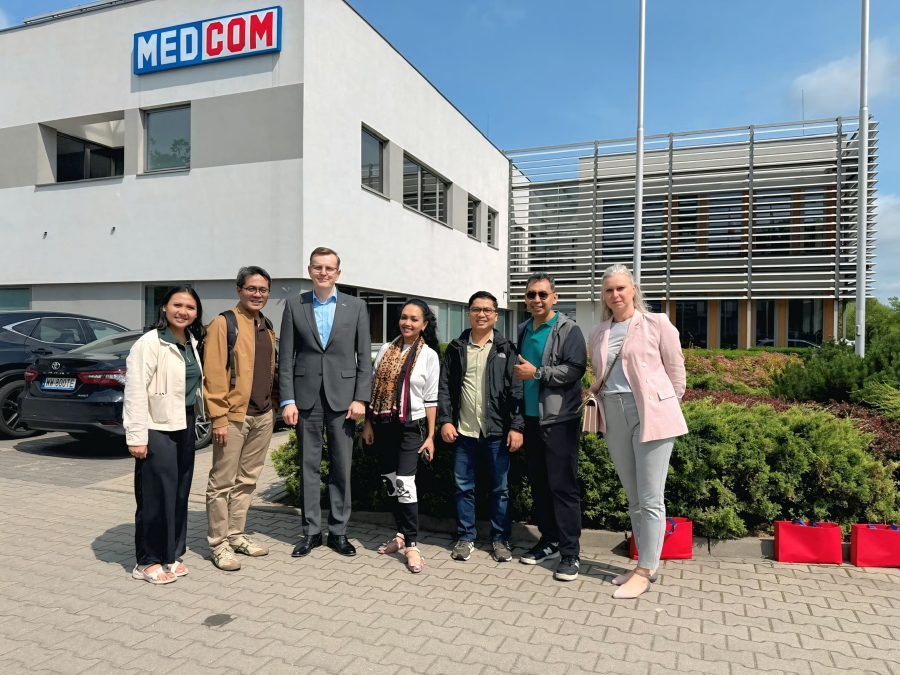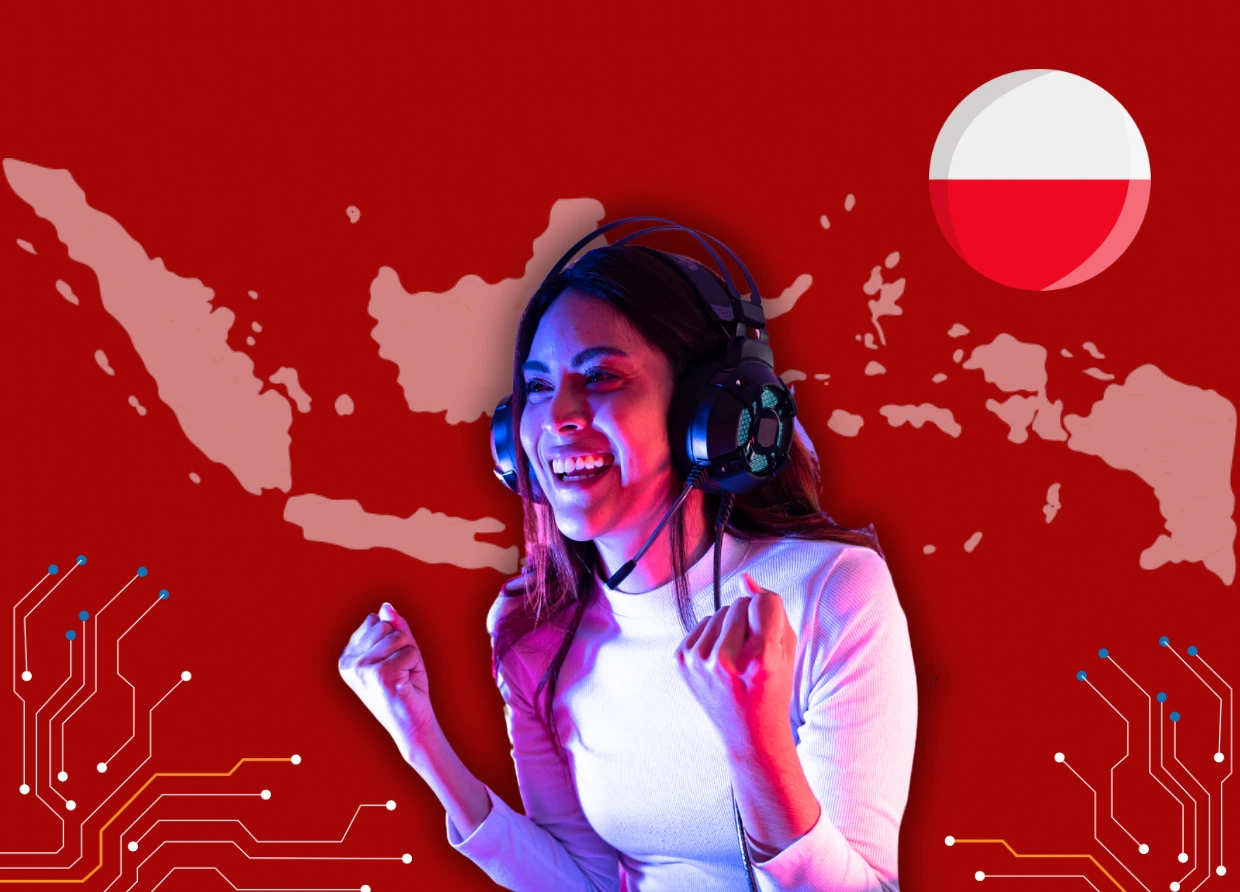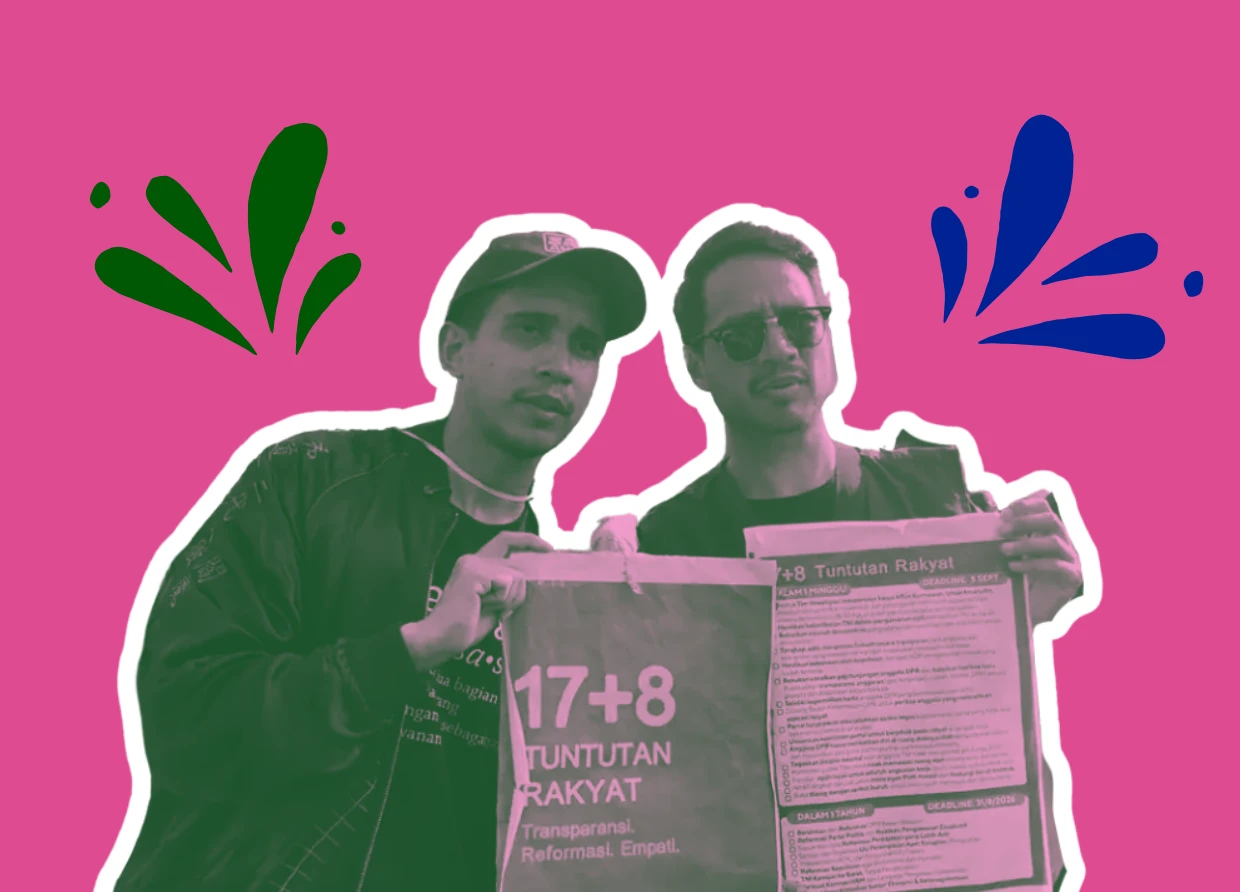WHY INDONESIA COULD BECOME SOUTHEAST ASIA’S ELECTRIC TRAIN POWERHOUSE — WITH A SURPRISING ALLY FROM POLAND
A Polish tech firm is quietly betting big on Indonesia’s electric transport revolution—and their no-strings-attached approach could be the game-changer the country needs.

TL;DR:
- Poland’s Medcom is supplying key tech for INKA’s electric trains.
- Their “no-strings” model lets Indonesia manage systems independently.
- This aligns with Indonesia’s push for a self-reliant green industry.
- Medcom sees Indonesia as the most promising EV market in Southeast Asia.
- Youth and tech talent stand to benefit from new long-term opportunities.

The global shift to electric transportation is accelerating—but for Indonesia, it’s more than just an environmental trend. It’s a chance to build something uniquely Indonesian, powered by homegrown innovation and global collaboration. And now, a company from Poland wants to help make that happen.
Meet Medcom, the Polish tech supplier making waves behind the scenes. They don’t build vehicles. Instead, they power them—from the inside out.
And recently, they’ve joined forces with PT INKA, Indonesia’s national rail manufacturer, to introduce electric propulsion and converter systems for locally built trains. It’s a technical partnership, sure—but its implications run deep.
“We’ve already equipped one type of train built by INKA with our converter system,” said Piotr Wronski, Medcom’s Vice President. “And based on the feedback, there’s potential to do much more.”
A Different Kind of Partner
Medcom’s approach stands out. While many foreign tech companies cling tightly to proprietary systems, Medcom does the opposite: they empower their local partners to manage, maintain, and even build the tech themselves.
“We’re ready to transfer the technology and provide full support—but once it’s installed, the system belongs to you. No future costs, no strings attached,” Wronski explained during a Polish Investment and Trade Agency event in mid-June.
In a region where tech independence is often held back by licensing fees and maintenance dependency, this is huge. It aligns perfectly with Indonesia’s vision: a self-sufficient, globally competitive industry for electric transport and beyond.
Why This Matters for Indonesia (And for You)
Indonesia’s urbanization is booming. More cities, more people, more pressure on public transit systems. That makes the transition to electric rail—from light rail to metro—not just smart but essential.
But building that system takes more than ambition. It takes smart partnerships, like this one with Medcom. The company is already a major sub-supplier in Europe’s EV ecosystem, and now it sees Indonesia as its most promising market in Southeast Asia.
“We see Indonesia as a long-term partner,” Wronski said. “This first project is just the beginning.”
For young Indonesians studying engineering, tech, or green innovation—or for entrepreneurs chasing opportunities in the EV space—this isn’t just international news. It’s your future coming into focus.
The Bigger Picture: Indonesia’s Moment to Lead
While countries across the region are racing to electrify, Indonesia has the potential to lead—not by copying existing systems, but by building a unique model that blends local capability with global expertise.
What makes this moment special is that Indonesia is setting the terms. This is not about importing solutions—it’s about growing them at home, with real knowledge transfer, and long-term partners that don’t want control—they want collaboration.
So what’s next?
If Indonesia commits to this path—investing in infrastructure, empowering local industry, and choosing partners who believe in shared growth—it could become the electric transport leader ASEAN has been waiting for.



























